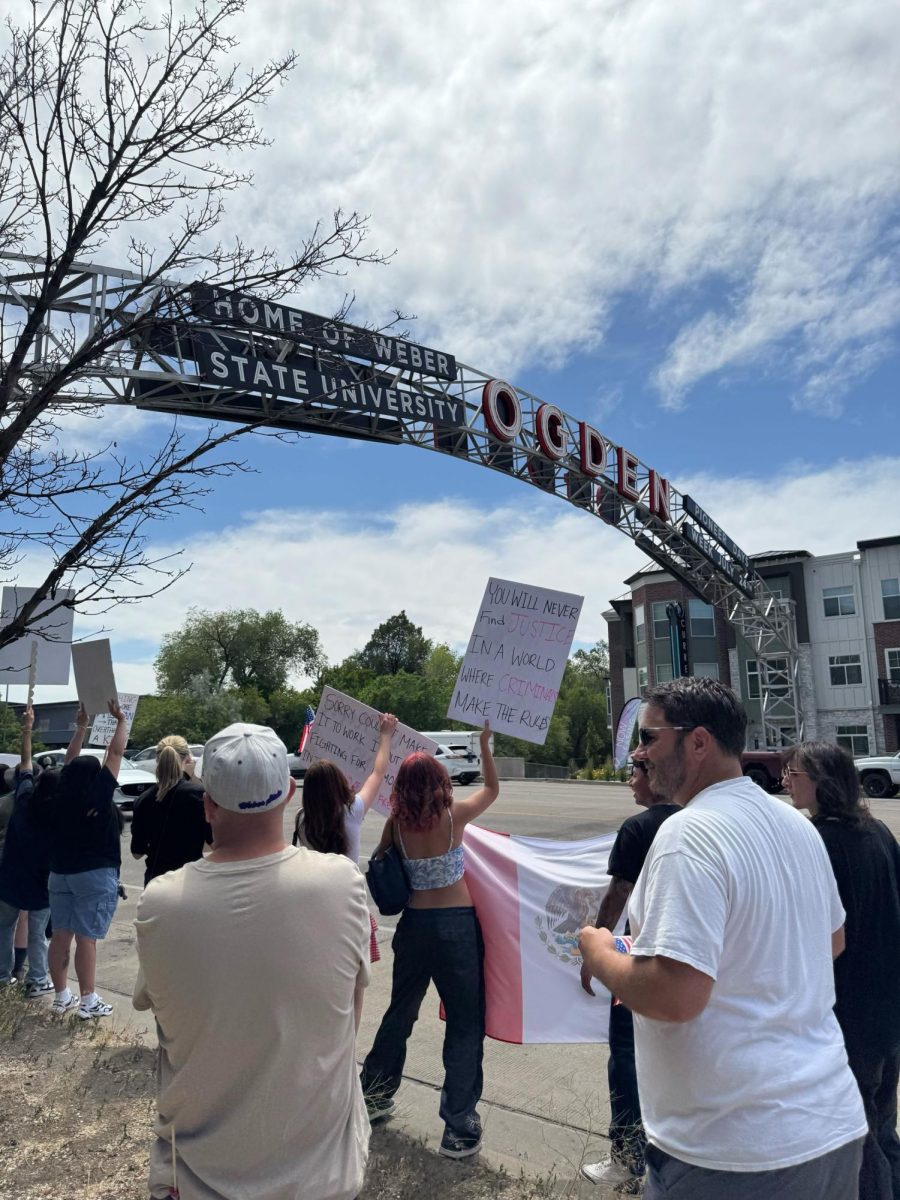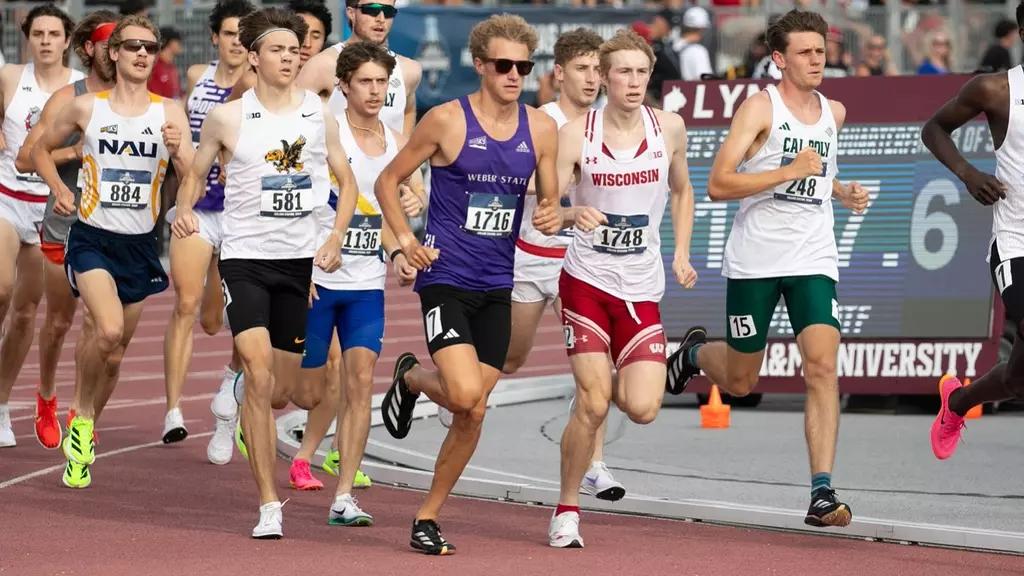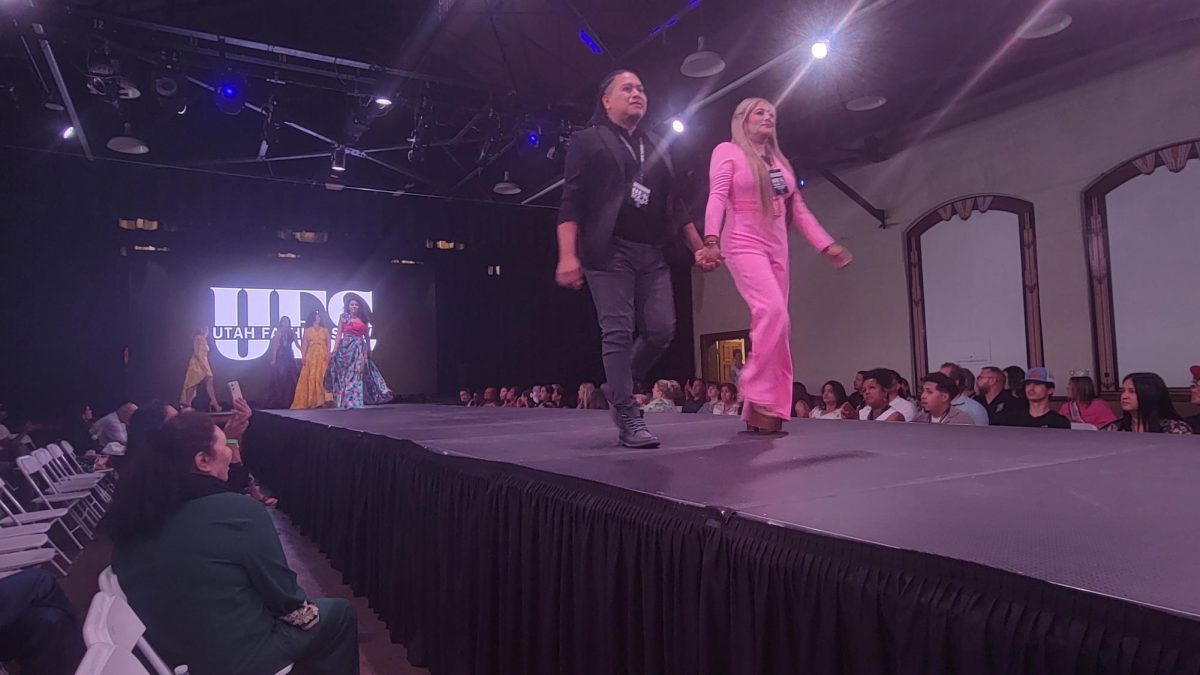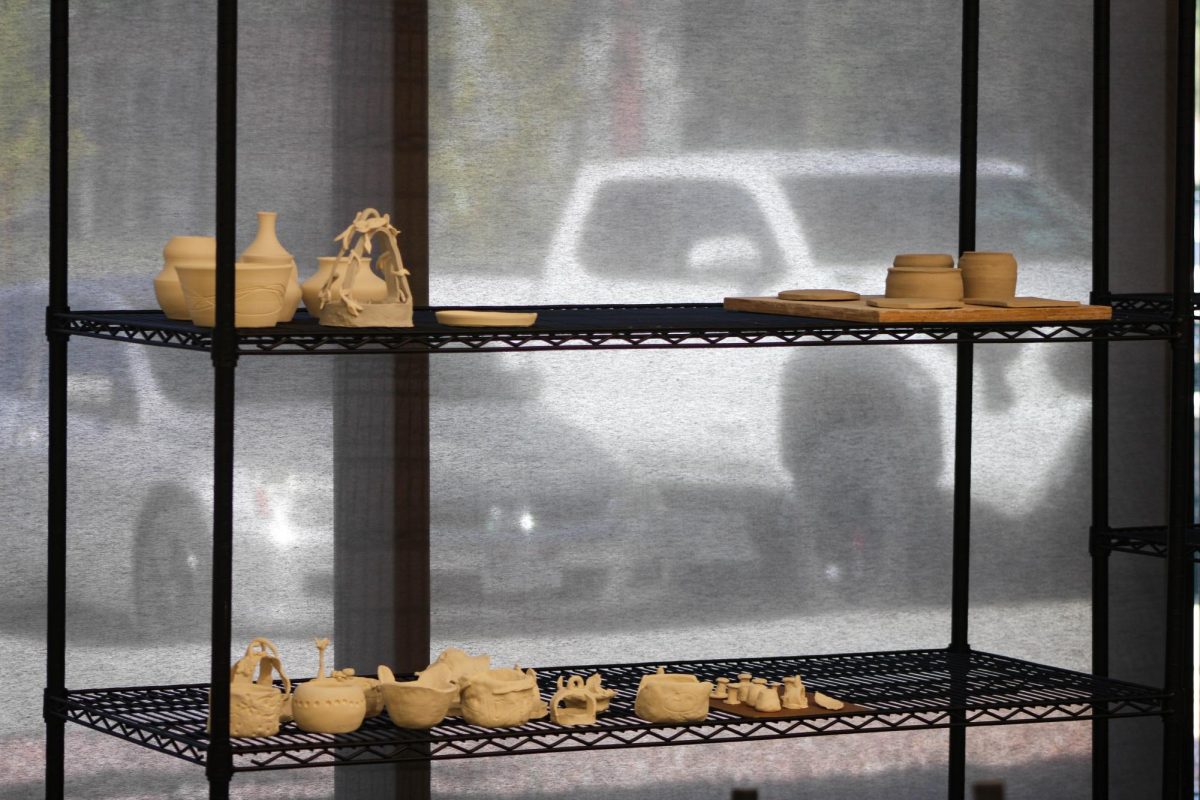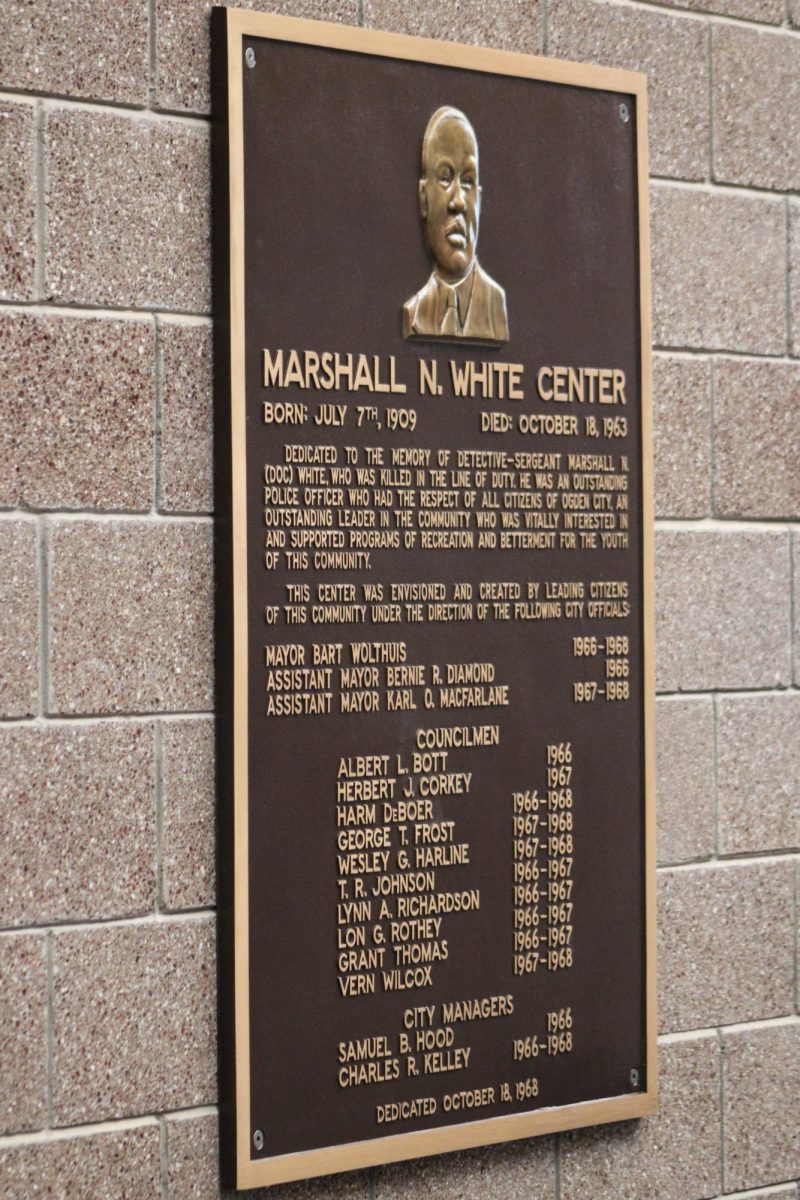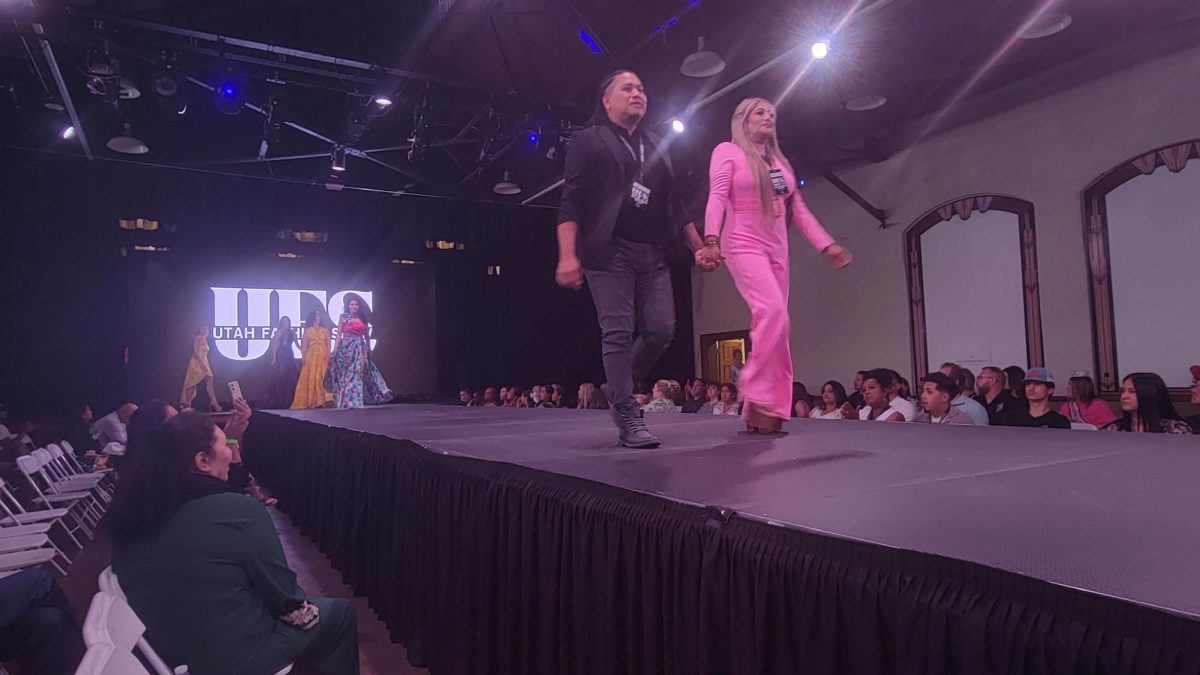
People of all ages crammed into the Wildcat Theater in the Shepherd Union Sept. 17 to hear Kirstin Powers talk about how free speech is being repressed on campuses nationwide.
The overflow crowd showed up for the convocation–sponsored by the Olene S. Walker Institute of Politics and Public Service, WSUSA and the provost’s office–to commemorate Constitution Day. This was the main event of a week’s worth of Constitution-related activities.
Kim Smith, a communication instructor, expressed her excitement for Powers’ appearance.
“Kirsten Powers takes a different point of view than most people who are considered to be liberal, even though she’s liberal,” Smith said. “She is going at the universities and at the media because she says that they’re the ones who control those areas that are so important.”
However, not all WSU faculty were as excited for Powers. Dr. Carol McNamara, director of the Walker Institute, said one faculty member — who wished to remain anonymous —sent her an email saying that WSU should not invite Powers to speak.
“In a way, it’s just what she [Powers] was talking about — that we shouldn’t even have the discussion,” McNamara said.
Ashlee Cawley, a political science and English major and a student board member of the Walker Institute, said she thinks people should be able to protest speakers without being vilified.
“I don’t think all types of speech should be embraced without some type of backlash,” she said.
Cawley, who said she was speaking for herself and not for the Walker Institute board, gave the example of hate speech being one of those types of speech that perhaps should not be embraced or tolerated on campuses.
In her speech, Powers addressed the issue of “commencement shaming,” where the honor of speaking at a commencement turns into “a high-profile humiliation.”
Powers said that in the past few years conservatives have been disinvited or pressured to withdraw from commencement speeches due to students and faculty protesting those conservative speakers.
This could be due to declining the invitations for fear of the public defaming them for their speeches, she said. Another possible reason, Powers suggested in her speech, was that liberal students protest universities’ invitations for speakers at these events, and the universities then rescind their invitations based on the backlash of these liberal students.
In reference to that portion of Powers’ speech, Cawley said, “If they [students] want to tell the university that they don’t like that they’re inviting a speaker to come, they should be able to do that. Whether or not the university should comply with that is a different story.”
Cawley said she agreed with other points that Powers made, such as liberal students across the country being the primary drivers for universities making such decisions.
“I do agree with her that it’s probably more of a liberal problem across the country just because administrators are usually more liberal,” Cawley said. “And I do think that’s wrong. I think people should check themselves.”
Powers’ speech concentrated on the repression of speech from what she calls the “Illiberal Left” on campuses, and while several issues were addressed, the overarching theme was that campuses should be places where students can have conversations and debate their ideas in a physically safe but intellectually challenging environment.
McNamara expressed a similar sentiment: “We should talk about these issues before they become problematic.”
But noting the crowd who came for the Constitution Day event, McNamara said, “I just hope that every year, we get a bigger crowd to talk about and celebrate the Constitution, which provides the foundation for our liberties, from freedom of religion to free speech, that lead to discussion every year.”


